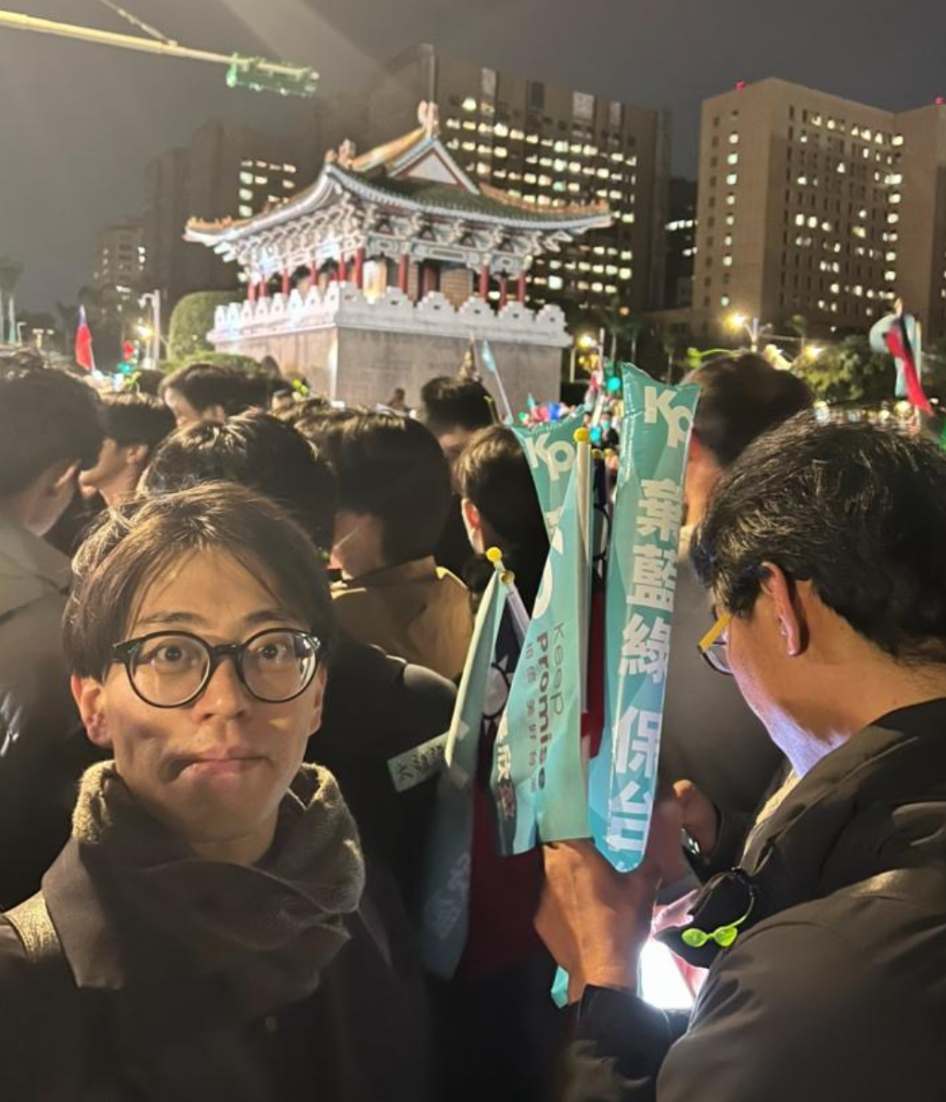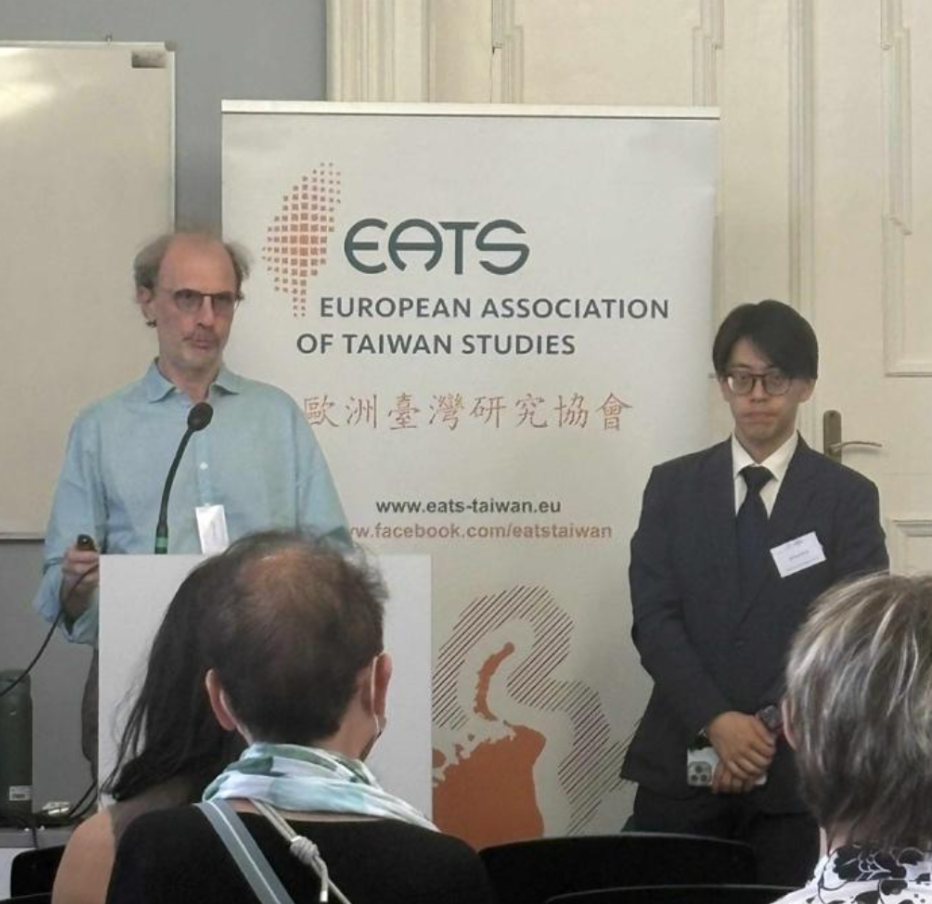
Tokai University Tenure-track Associate Professor
Recent Publification
「2024年台湾総統・立法院選挙結果の分析― なぜ第三勢力・民衆党の支持が拡大し、失速したのか?」. In : Human Security, No.15. pp.01-23, 2025年3月, 東海大学平和戦略国際研究所
“Japanese Police Activities in a State of Emergency: Focusing on the Great East Japan Earthquake and the Covid-19 Pandemic”. In: Routledge International Handbook of Policing Crises and Emergencies. pp. 43-58, 2024年9月, Routledge
“The Fourth Taiwan Strait Crisis? Disputes on the “One China” Issue Between Japan and China”. In: SUNGKYUN CHINA INSIGHT, 2022年9月
“Professionalism versus democracy? Historical and institutional analysis of police oversight mechanisms in three Asian jurisdictions”, In: Crime, Law and Social Change (76) pp.1-25, 2021年8月, Springer
Policing the Police in Asia: Police Oversight in Japan, Hong Kong, and Taiwan (Springer Briefs in Criminology), 2021年9月, Springer
Self-Introduction
I am a tenure-track Associate Professor in the Faculty of Political Science and Economics at Tokai University in Japan. My work spans comparative politics, transitional-justice theory, and modern East Asian history, with a special focus on contemporary Taiwanese politics.
My intellectual starting point was a series of study-abroad stints in Shanghai and Beijing. Those undergraduate and graduate experiences sparked a lasting fascination with the diverse societies of East Asia and with transnational history. For my doctorate I analyzed the rise of “transitional justice” in today’s Taiwan, and a subsequent doctoral program at Peking University’s School of International Studies trained me to view the region simultaneously through Japanese, Chinese, and Taiwanese lenses.
Research Agenda
I study the legal-political mechanisms societies adopt after democratization to confront past state violence—truth seeking, accountability, compensation, and the restoration of victims’ dignity—and the ways those processes foster reconciliation. In Taiwan I look at how communities that experienced different kinds of repression build a shared historical narrative by treating every group’s suffering as a legitimate subject of transitional justice.
Although recent foreign coverage often frames Taiwan through the prism of a potential “Taiwan contingency,” my primary concern is how democratization reshapes identity within Taiwanese society. Situated in its transnational context—including historical ties with Japan—I examine the development of liberal institutions, ideas, and movements across East Asia in this era of uncertainty. More recently, I have launched comparative field research on “border islands,” including Japan’s Yaeyama chain.
Contribution to the International Reconciliation Studies Project
Reconciliation hinges on how societies move beyond grave human-rights abuses and rebuild on more just foundations. Taiwan’s experience offers a rich empirical laboratory for this project. Drawing on past collaborations—such as “Exploration of International Reconciliation Studies Based on Universal Values and Collective Memory” and “Comprehensive Research for Historical Reconciliation in East Asia”—I aim to connect region-specific historical memories with universal principles of democracy and human rights. Because my training spans Japan, China, and Taiwan, I can help develop an East Asia–rooted framework for international reconciliation studies.
Message to Early-Career Scholars
In my own work, the most illuminating moments have come from crossing borders—national, disciplinary, and methodological. I urge you to do the same. Fieldwork matters: numbers and documents are essential, but visiting sites and hearing local voices reveal insights no dataset can. Collaboration is equally vital. My progress has depended on conversations with colleagues of diverse backgrounds; such dialogue turns solitary frustration into creative exploration. By sharing our distinct histories and experiences, we can forge new theories and visions of reconciliation that the field has yet to imagine. I look forward to working with you to open fresh horizons in international reconciliation studies.
Research Image

2024年1月台湾総統選挙、台湾民衆党の選挙集会にて。

2025年6月、チェコ・オロモウツの欧州台湾学会での報告時の写真

